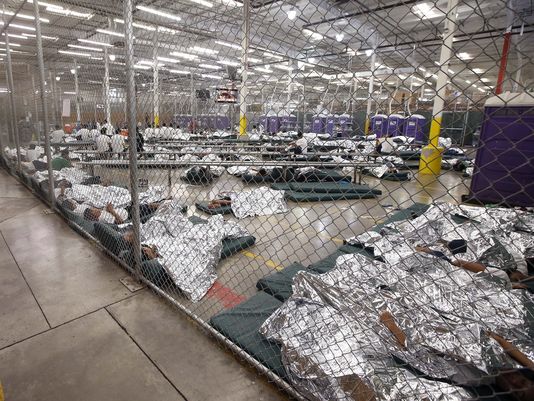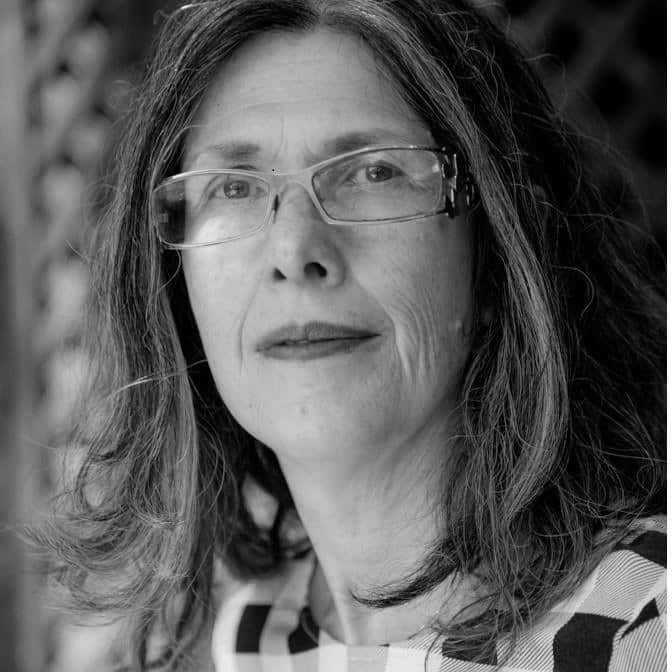
“You will not undermine the justice due to a stranger or an orphan and you will not seize the widow’s garment as collateral.” Deuteronomy, 24:17
“Fathers and mothers have been humiliated among you, strangers have been cheated in your midst, orphans and widows have been wronged among you.” Ezekiel 22:7
“There is no greater or more glorious joy than bringing joy to the heart of the poor, the orphans, the widows and the strangers.” Maimonides, Hilchot Magila v’Hanukah, 2:17
On June 11, U.S. Attorney General Jefferson Beauregard Sessions ordered immigration judges to cease granting asylum in the United States to fugitives from domestic abuse and gang violence. This act should shock the conscience of every American, but for Jews it is a particular outrage.
Why does our Torah, echoed by our prophets and sages, exhort us repeatedly to care for the orphan, widow, and stranger and warn of catastrophes for those who ignore the call? In the patriarchal society of the ancient Hebrews, widows, orphans, and strangers were people without protection. They were socially naked, vulnerable, and, according to Jewish values, owed the community’s help.
Vulnerability is no shame in Judaism. We are all “the weak.” We are temporary, puncturable, fleshy creatures, puny even by mammalian standards. We are not made, as tigers are, to hunt alone. We are made to form communities, to speak, and to care. Our founding story of slavery and redemption reminds us of that mutual dependence and obligation which offers whatever glory humans can attain.
Women and children who live in countries where domestic abuse and violence are not taken seriously by authorities and where everyone but the most privileged is subject to impressment by brutal gangs are “members of a particular social group” with a “well-founded fear of persecution.” The Geneva Convention of 1951 and U.S. law allow such people to find asylum here.
Yet, when such families present themselves at the border of our country, they have been pulled apart. Children are yanked out of their parents’ arms and forced into detention without explanation, often by people who cannot communicate in the child’s language. They are kept away from parents for months at a time, inflicting trauma that will reshape their brains and wound their hearts for a lifetime. This has been happened to all border-crossers and asylum-seekers since May when Attorney General Sessions declared a “zero tolerance” policy for every person who is caught or who presents themselves without documents at our borders. Previously, such families could remain together until the parents could make their case in court. This brutality does not reflect ‘how things have always been,’ it is a terrible new policy of the current administration.
Now Attorney General Sessions has said that women who have been beaten, raped, mutilated, or threatened with death by domestic partners and been routinely ignored by authorities in their birth countries don’t count as persecuted people who need our help. He has said that teens who have been threatened with torture, including sexual violence, if they themselves do not aid the perpetrators of such violence cannot count on us either.
We American Jews cannot allow this to stand. The fugitives from patriarchal violence who arrive at our borders are the widows, orphans, and strangers of our day. They are precisely the people we are commanded to help—those who, because of their position in society, are denied the political means to defend themselves where they are. We whose ancestors found sanctuary here are obliged to be the welcoming neighbors for whom those ancestors prayed.
There is much we can do. We can support a bill introduced by our state’s Senator Diane Feinstein, the Keep Families Together Bill along with the Help Separated Children Act (S2937) and S2468, which provides free counsel for children in immigration court. We can call and write the office of the U.S. Attorney General. Every day. We can march today with Families Belong Together.
We learn in Gittin 61a that, “The Rabbis taught, we support the non-Jewish poor with the Jewish poor, and visit the non-Jewish sick with Jewish sick, and bury the non-Jewish dead with the Jewish dead, because of the ways of peace.” We also act on behalf of the widow, orphan, and stranger, no matter where they are from.






















 More news and opinions than at a Shabbat dinner, right in your inbox.
More news and opinions than at a Shabbat dinner, right in your inbox.